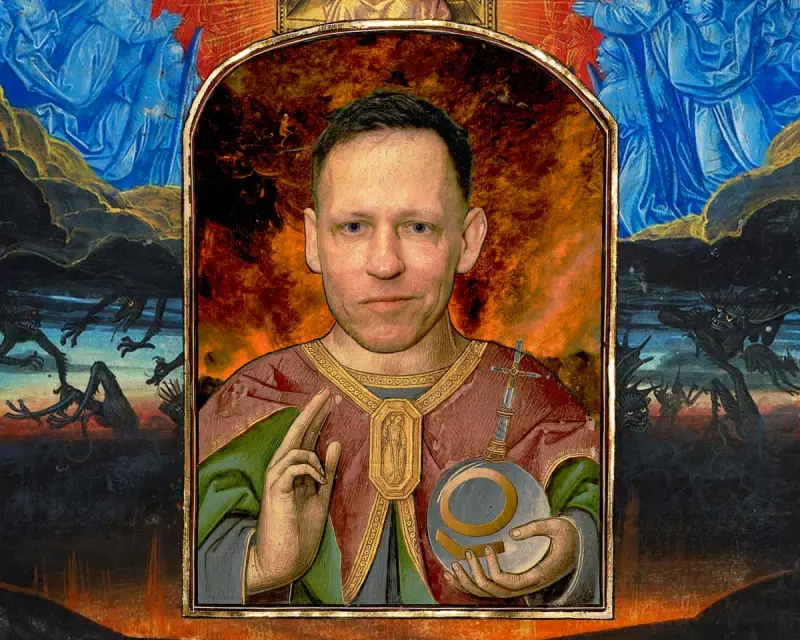
Silicon Valley billionaire and PayPal co-founder Peter Thiel has unleashed a firestorm of debate with his provocative characterisation of artificial intelligence as potentially embodying 'the Antichrist'. This startling declaration from one of tech's most influential figures has reverberated across industries, forcing a deeper conversation about technology's spiritual and ethical dimensions.
The Philosophical Maverick Speaks Out
Thiel, known for his unconventional perspectives and early investments in Facebook and PayPal, has long positioned himself as technology's resident sceptic. His recent comments, delivered during an exclusive interview, suggest he views artificial intelligence not merely as another technological advancement but as something with potentially apocalyptic implications.
'When we talk about AI reaching human-level intelligence, we're discussing something that could fundamentally challenge our understanding of consciousness, morality, and even divinity,' Thiel explained during the discussion that has since gone viral.
Beyond Conventional Tech Criticism
What sets Thiel's commentary apart from typical tech ethics discussions is his framing of the issue through theological language. While many tech leaders express concerns about AI safety and regulation, Thiel ventures into territory rarely explored in Silicon Valley boardrooms.
His use of religious terminology to describe technological advancement represents a significant departure from the typically secular language of tech discourse. This approach has both intrigued and alarmed observers across philosophical and technological circles.
The Silicon Valley Paradox
Thiel's position creates a fascinating contradiction within the tech industry. As someone who has profited enormously from technological innovation, his apocalyptic warnings carry particular weight. He stands as both architect and critic of the digital revolution he helped create.
'We're building systems that could eventually surpass human understanding and control,' Thiel warned. 'The question isn't whether we can build these systems, but whether we should.'
Industry Reactions and Responses
The technology community has responded with mixed reactions. Some dismiss Thiel's comments as attention-seeking hyperbole, while others acknowledge he's giving voice to concerns many quietly share but rarely express in such dramatic terms.
AI researchers and ethicists have engaged with Thiel's arguments, even while questioning his religious framing. Many agree that the conversation about AI's ultimate impact needs to expand beyond technical specifications and economic implications.
Why Thiel's Warning Matters
Regardless of one's reaction to his provocative language, Thiel's intervention serves several crucial purposes in the ongoing AI debate:
- It pushes the conversation beyond technical specifications to philosophical first principles
- It challenges the assumption that all technological progress is inherently positive
- It forces consideration of what human values we want to preserve in an AI-dominated future
- It highlights the spiritual vacuum in much technological discourse
The Path Forward
Thiel's comments arrive at a critical juncture in AI development, as governments worldwide grapple with regulation and tech companies race toward artificial general intelligence. His warning serves as a stark reminder that technological advancement cannot be separated from deeper questions about human purpose and values.
As the AI revolution accelerates, Thiel's provocative framing may prove prescient in forcing a more profound conversation about what kind of future we're building and what role humanity will play within it.





